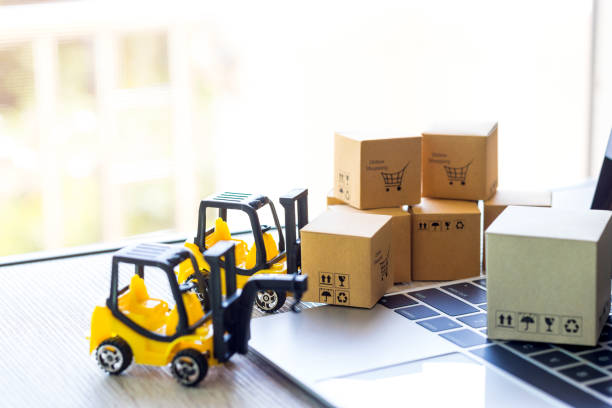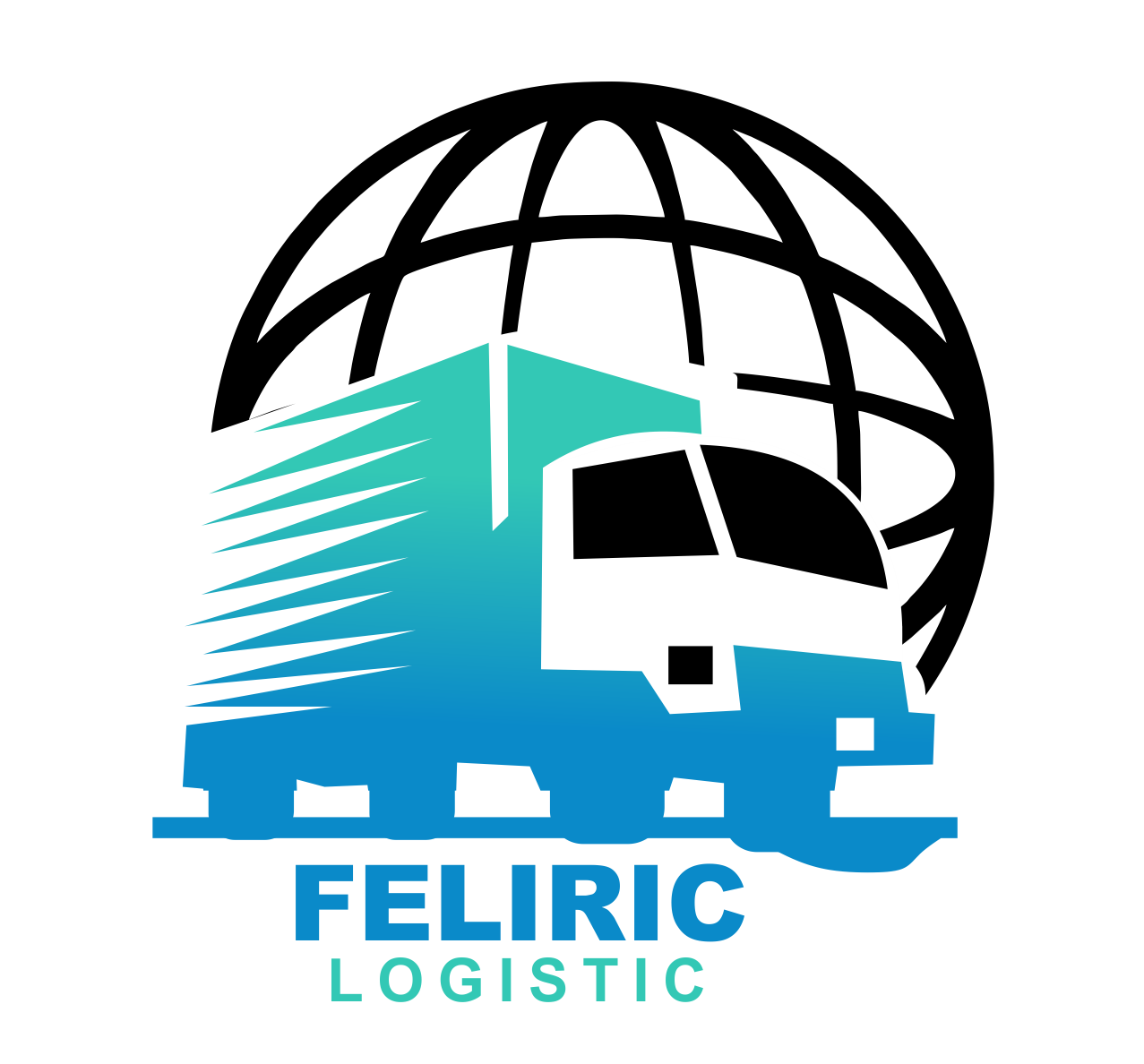
Introduction
When navigating e-commerce endeavors, businesses face a critical choice: whether to handle logistics internally or engage a third-party logistics provider (3PL).
Opting for in-house logistics affords businesses complete control over the process while outsourcing to a 3PL means relinquishing some or all control over logistics management.
Cost is another pivotal consideration. Establishing an in-house logistics department entails significant expenses for machinery, technology, and resources to ensure timely product delivery.
Conversely, utilizing a 3PL service provider alleviates this financial burden. Ultimately, businesses must weigh these factors to determine the optimal approach for their operations.
This article provides an insightful comparison of 3PL logistics vs. in-house logistics to aid in this decision-making process. By delving into the nuances of each option, we aim to empower businesses to make informed decisions that align with their unique needs and objectives.
What is In-house Logistics Management?
In-house logistics management refers to when a business internally manages, plans, executes, and monitors all logistics operations, including warehousing, inventory management, transportation, and distribution, without involving a third party.
It entails owning vehicles and warehouses, employing logistics managers, and utilizing machinery and software to track logistics processes. In-house logistics teams handle order fulfillment and coordinate delivery using internal resources, such as company-owned vehicles and personnel.
What Are The Benefits of In-house Logistics?
1. Personalized Service
With an in-house logistics department, companies can provide personalized service tailored to their customers’ needs and preferences. Direct communication channels allow for a better understanding of customer requirements, leading to enhanced satisfaction and loyalty.
2. Complete Control
In-house logistics affords businesses full control over warehousing, order fulfillment, and inventory operations. This control allows for greater flexibility and agility in responding to changing market demands and customer expectations.
3. Direct Customer Interaction
Managing logistics in-house provides businesses with the opportunity to engage directly with their customers. This direct interaction fosters stronger relationships and allows companies to gather valuable feedback to improve their processes and enhance the overall customer experience continuously.
4. Cost Savings
By handling logistics internally, companies eliminate the need to pay external parties for logistics services, resulting in significant cost savings. These savings can be reinvested into expanding the business, improving product quality, or enhancing other areas of operations.
5. Expedited Delivery
Unlike relying on a third-party logistics provider (3PL) for order fulfillment, an in-house logistics department can expedite delivery processes. By eliminating the intermediary, companies can arrange for and deliver products to customers without delays, ensuring prompt and efficient service.
6. Quality Control
With in-house logistics management, businesses have greater control over the quality of their logistics processes. They can implement stringent quality control measures at every stage of the supply chain, ensuring that products are handled and delivered with the highest standards of care and efficiency.
What is 3PL Logistics?
3PL, short for third-party logistics provider, is an external entity or company specializing in managing the supply chain and logistics operations for businesses. These providers offer a range of services, including inventory management, warehouse storage, order fulfillment, returns processing, and transportation solutions.
Often referred to as fulfillment companies, order fulfillment companies, or fulfillment warehouses, 3PLs are dedicated to alleviating businesses’ logistical burdens. By outsourcing these operations to 3PL providers, companies can focus on their core competencies while leveraging the expertise and resources of external partners.
In addition to the services mentioned, 3PLs may also offer value-added services such as packaging, labeling, and distribution optimization. With their extensive network and expertise in logistics management, 3PL providers play a vital role in streamlining supply chain operations and enhancing overall efficiency for businesses of all sizes.
What Are The Benefits of In-house Logistics logistics?
1. Focus on Core Competencies
Outsourcing logistics to a third-party provider allows businesses to concentrate on their core competencies and strategic objectives. By delegating logistical tasks to experts, companies can allocate more time and resources to activities that drive growth and innovation within their industry.
2. Scalability During Peak Seasons
3PL service providers offer scalability and flexibility, particularly during peak seasons such as holidays or promotional events. With access to additional resources and a workforce, businesses can efficiently manage fluctuations in demand without compromising service quality or customer satisfaction.
3. Cost Savings on Technology
Utilizing 3PL services can reduce the cost of acquiring and maintaining warehouse management systems (WMS) and automation technologies. Rather than investing in expensive infrastructure and software, businesses can leverage the existing capabilities of 3PL providers, resulting in significant cost savings.
4. Reduction in Labor Costs
Outsourcing logistics to a third-party provider eliminates the need for businesses to hire and train internal staff for logistical tasks. It translates to labor cost savings, as companies no longer bear the expenses associated with recruiting, salaries, benefits, and ongoing training of logistics personnel.
5. Access to Expertise and Best Practices
By partnering with 3PL service providers, businesses gain access to a team of logistics professionals who possess specialized knowledge and expertise in industry best practices. These professionals can offer valuable insights and recommendations to streamline logistics processes, optimize supply chain efficiency, and drive continuous improvement initiatives.
When Should a Business Use 3PL?
1. Overwhelming Order Fulfillment
Businesses facing a surge in orders that surpass their capacity to manage internally can benefit from utilizing a third-party service provider. Outsourcing order fulfillment to a 3PL allows companies to meet customer demand efficiently without compromising on service quality.
2. Warehouse Expansion Challenges
In cases where an influx of orders necessitates warehouse expansion but expanding the existing facility is impractical or cost-prohibitive, outsourcing to a 3PL can provide a scalable solution. By leveraging the infrastructure and resources of a 3PL, businesses can accommodate growth without the burden of additional capital investment.
3. Geographical Customer Distribution
When a business’s customer base is geographically dispersed and located in areas distant from its operational hub, utilizing a 3PL with strategically located distribution centers can expedite delivery and reduce shipping costs. It is particularly advantageous for businesses serving international markets or regions with complex logistics challenges.
4. Cost Savings through Bulk Discounts
Due to their large volume of shipments and orders, 3PLs often negotiate favorable rates with carriers and suppliers. By partnering with a 3PL, businesses can take advantage of these bulk discounts, resulting in cost savings on transportation, warehousing, and other logistical expenses.
5. Market Expansion Initiatives
For businesses looking to expand into new markets or regions, utilizing a 3PL service provider can facilitate market entry and streamline logistics operations. Leveraging the expertise and infrastructure of a 3PL allows businesses to navigate logistical complexities and focus on capturing market share and driving growth initiatives.
Comparison: 3PL Logistics vs. In-House Logistics
In-house logistics entail the company managing all aspects of warehousing, packaging, and transportation of goods, necessitating the presence of a dedicated warehouse to store products until shipment.
Conversely, 3PL services handle fulfillment on behalf of the company, utilizing expansive warehouses to accommodate bulk orders from clients’ businesses.
While in-house logistics may need more workforce to handle multiple clients’ deliveries simultaneously, 3PL providers possess the resources and expertise to manage and oversee the entire logistics process efficiently.
In-house logistics teams may need more knowledge and experience in logistics operations, whereas 3PL providers are trained to handle logistics tasks with proficiency and ease.
The cost of utilizing 3PL service providers may be higher than the cost of managing logistics internally.
When outsourcing logistics operations, businesses must document their specific needs and intricacies, a step that may not be necessary when handling logistics internally.
Partner With Feliric Logistics Services
If you are located in Amuwo Odofin, Lagos, you can examine Feliric Logistics Service. It’s a logistics service established to handle your logistics issues with meticulous attention to detail and a commitment to timely delivery.
Book a call today and let Feliric Logistics Service streamline your shipping processes without delay.
